David Layton & Mike Nicholson: Capturing Gene Roberts
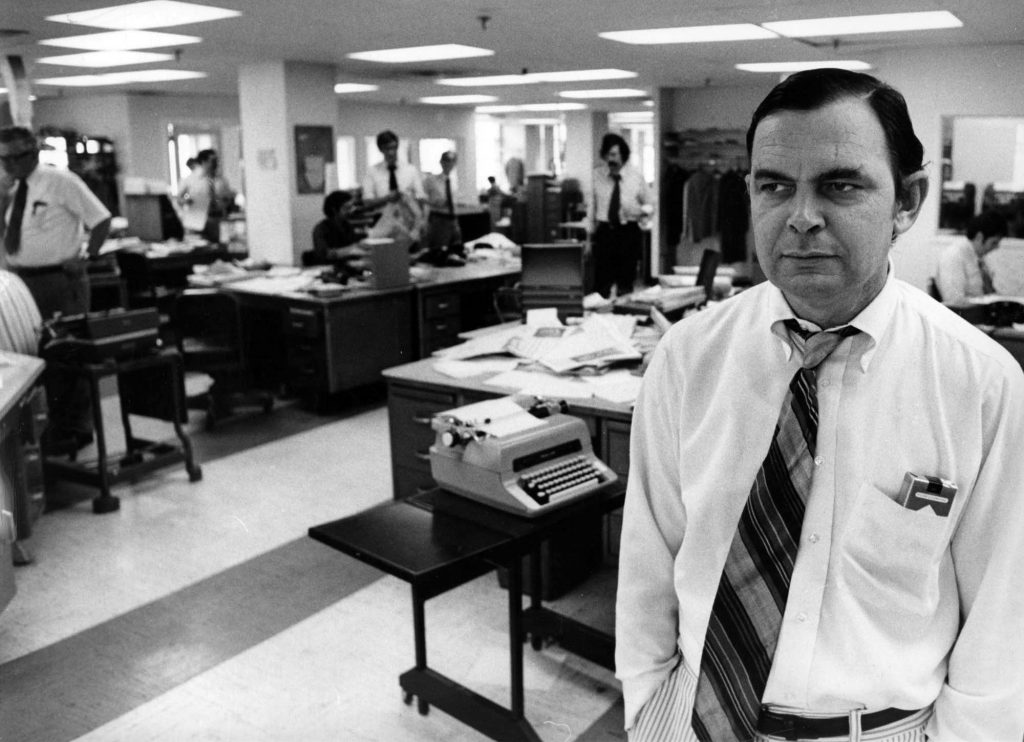

“The Newspaperman,” by its own admission, “…may be the best example of what journalists can accomplish when given resources and encouraged to shoot for excellence.” And as journalists, that kind of hits close to home for us. Telling the life of famed newspaper editor and icon, Gene Roberts, and how he turned around the Philadelphia Inquirer, “The Newspaperman” looks at the rise and fall of the American newspaper industry. We at Frontrunner Magazine arranged an interview with the directors, David Layton & Mike Nicholson.
What endeared you to the life of Gene Roberts?
David: I have known about Gene since I was a little kid. He was always sort of a larger than life character to me growing up. My father and other adults who worked with him at the Inquirer talked about Roberts with a mix of reverence, respect, amusement, total devotion and a little bit of fear. When you’re young, you just know the world in front of you. It was only when I grew up and my father retired and there was a bit of distance and perspective that I realized how unique the Inquirer was. And then I started to pick up on certain things about how Roberts motivated that talented group of journalists to do great things. And it took me even longer to learn about his early career covering labor issues, the JFK assassination, civil rights and the Vietnam War. So I have had this story brewing in my head for years before we decided to make this film. I took the idea to Mike, and he and I kicked it around for a while. I could tell it resonated with him from the beginning, but it probably wasn’t until we sat down with Gene for a week to shoot his big master interview that Mike realized what a great story we had.
Mike: When David first pitched the project to me, I thought it was intriguing, but it wasn’t until probably day 2 of our interview with Gene that it really clicked for me what a great story we had on our hands. For a long time we had discussed making a film that focused on the media in one way or another, but the approaches we kept taking typically wound up more media criticism than good storytelling. I mean, there’s a value in taking a critical approach to the news, but ultimately it seemed like that type of film would be too didactic. And honestly sort of a bummer.
But the more I learned about Gene and the Inquirer, the more I saw that it was really the model for how a media organization should operate – maybe the best example of why journalism is so necessary to the functioning of our democracy and our culture. So for me, Gene’s story is really the perfect vehicle for exploring a lot of the questions I had been asking about the larger role of the media in our society. The five days we spent interviewing Gene was like a crash-course in American journalism.
And on top of all of that that it’s just one hell of a compelling story.
What message do you hope to send with the film?
David: This is a story about leadership as much as anything else. Business people talk about the difference between management and leadership all the time. That was something that Roberts understood instinctively. He hired a masterful managing editor, Gene Foreman, to handle the daily operations of the paper. Roberts never dealt with the details of getting the paper out the door every day. He delegated those responsibilities and instead focused on looking down the road at long-range solutions to fundamental issues that needed improvement.
He was also a master motivator. He would occasionally use the awesome power of his inscrutable persona and his reputation to get people to do what he wanted them to do. He was famous for his long silences that wigged people out and put them on their heels. But mostly I think he motivated people by supporting them and giving them agency to do what they wanted. He gave his editors and reporters total freedom. He encouraged the reporters to come up with ideas for stories – things they were hearing about while covering their beats – and then he would fight for them. He would fight to give them the resources and time to do a story right. He would fight for more news hole to run longer stories, and he would back up his staff when the shit hit the fan. That dedication along with his unwavering belief that what they were doing was important made his staff buy in to the idea that there was tremendous value in doing things the right way. They were and remain absolutely loyal to Gene because of this.
Gene told us that most people in any workplace just want to fit in. And if what it takes to fit in is to goof off, be cynical, and do just enough work to get by, then that’s what will happen. But if what it takes to fit in is to work hard, report and write fantastic stories, and adhere to the loftiest of journalistic principles, then you’re going to have an entire staff reaching for that goal.

Mike: The other message we hope to send with the film is why good journalism is important and what it does for a community. Philadelphians got a rich account of their city with the Roberts Inquirer. They became more cosmopolitan, less accepting of corruption, and better informed about the workings of government. And that helped them make better decisions about the direction of their community. That has real value in a democracy and an open society.
When we started working on this film, the idea of “fake news” wasn’t as widespread as it is now. The antagonism towards science, provable facts, and a robust press wasn’t nearly as mainstream. We want to show why it’s important to have a staff of smart, energetic people constantly checking up on facts, looking under rocks for information, challenging assumptions, and informing citizens about what’s going on in their world. It’s the only real check against corruption and malfeasance by the powers that be.

Why do you think Roberts ended up “virtually unknown to the general public?”
Mike: Roberts wasn’t the public face of the Inquirer. Unlike many top editors (maybe most), he rarely attended events in the city. He rarely put on a tuxedo and went to dinners with the powers that be, though he was often asked to. He preferred to work in the newsroom with the editors and reporters, and he left the glad-handing to the editor who ran the editorial page. As a result, he wasn’t very well known in Philadelphia. He was quite well known nationally within a tight circle of journalism people, who mostly revered him. So when he retired, the news media made a big deal about it. One Philadelphia socialite was said to marvel that she had never heard of Gene and was surprised that there was such a notable figure in the city. Other editors of that era, such as Ben Bradlee and Abe Rosenthal, were more famous and worked in the two major power centers of the country. They worked for papers that were already good, with large circulations and national reputations. Roberts ran a regional paper in a city that isn’t a major media hub and that was read by and large only by people in Philadelphia and the surrounding areas. So he just never received the kind of exposure he would have had he been in New York or DC.
What also makes you attribute this story to be “the arc of the rise and fall of American newspapers?”
David: This was a time when newspapers had been around long enough to develop a strong code of ethics. Seasoned editors could pass along a set of practices to young reporters, could check their more immature impulses. But mostly, this was a time when newspapers reaped the benefits of a bunch of happy accidents concerning changes in the culture, in business, and in technology.
There were technical advancement in printing — specifically the introduction of “cold type” and “pagination” that led to great savings for newspaper companies. They were able to pour at least some of those savings into the newsroom.
The influence of “The New Journalism” in magazines and books, where writers used novelistic storytelling techniques in service of nonfiction pieces led to more exciting writing and reporting in daily papers.
The Vietnam War and the Watergate revelations revealed the power of investigative journalism in a way that nothing had before. This made the job more appealing to smart, ambitious young people, who chose journalism as their course of study in college and grad school. And many of these students were women, who refused to accept second-tier status as reporters for the lifestyle sections. They entered the ranks of news reporters in droves, at once doubling the talent pool and broadening a paper’s point of view.
Maybe most importantly, there were changes in inheritance law that led many family-owned newspapers to go public or sell out to larger chains. Bigger newspaper companies had the strength and stability to pour resources into a struggling newspaper until it could get on its feet. But as newspaper chains grew and consolidated, this eventually led to the era of corporate newspapering, where publicly traded newspaper companies tried to dazzle investors with short-term cost cutting.
Mike: Toward the end of his reign at the Inquirer, Roberts was pressured to give corporate headquarters greater profit percentages in each new quarter, no matter the ups and downs of the economy. He was horrified by these demands and felt sure that cuts would ultimately damage the paper’s stellar reputation and that readers would drift away from a slighter product. His fight with the business side was more than anything a clash of cultures. In Roberts’s view, the executives (none of whom lived in Philadelphia) didn’t care much about the newspaper’s obligation to inform the community or even it’s long-term financial viability. Eventually these executives hounded Roberts off to an early retirement. He thinks that their short-term thinking led to the downfall of newspapers’ reach and influence. This was well before the internet took away classified advertising and the rest of that sad story that has been told a million times.
What can people expect from the film?
MIKE: We’re going to focus on the story of how Roberts took over maybe the worst metropolitan newspaper in the country and turned it into one of the very best. Along the way, you’ll hear about how Gene learned the lessons that got them there. It’s a great story. It has ups and downs, but mostly it’s a pretty fun story of an exciting place and time. It’s about leadership and perseverance and about scores of people spreading their wings and reaching for excellence together. We’ll leave the morals and the comparisons to what’s happening today for the audience to sort out for themselves.
What resources did you use to collect information on the film?
MIKE: We mostly funded this ourselves, although about halfway in we got a grant from the Knight Foundation to help us shoot several additional interviews. We would go out on shooting trips when we could, driving a van full of equipment all over the country, sharing hotel rooms, and operating the camera and sound equipment ourselves, even as we asked the questions and organized all the logistics. It was hard! At the end of a day of that kind of work, you’re pretty fried. But two things helped keep us going. One is that we are lucky enough to own cameras and lights and such as part of our production company. So we didn’t have to spend money to rent that stuff. We could just load up a van and go. That kept costs way down. The second thing is that we believe in this project completely. It is a subject matter dear to our hearts. We think Gene is a major American figure whose story might never get told to a wide audience unless we do it.
Tell us about both of your backgrounds in film?
MIKE: We both work on other peoples’ documentaries, David as a cinematographer and Mike as a motion graphic artist and producer. We love that work, and we want to keep doing it, but we’re excited to make our own films, too.
Tell us about some more of your upcoming projects!
DAVID: We have some really exciting things brewing. One is a story about how, because of light pollution, most people don’t see the Milky Way any more. And what that means for people’s sense of their place in the universe. It’s also about the statistical argument for whether or not there are other intelligent, technological civilizations in the universe and the chances that we’ll ever know about them if they’re out there. Another film is about a musician, but we can’t get into the details about that yet.
What has the Kickstarter experience been like, especially being a “Project We Love”?
DAVID: The Kickstarter experience has been at once exciting and terrifying. It’s hard to get used to the idea that you have to go out there and rattle your tin cup in front of your friends and family. It’s a profoundly unsettling and uncomfortable experience if you haven’t done it before. But really, now that we’re in it, we see it as a fantastic way to fund a film. We can go to the core community of people who care about journalism and say to them plainly that they can help us get this film finished. We’ve learned to inhabit a fearlessness and confidence that seasoned fundraisers have always had. It helps that we believe in this project so completely, because we can talk honestly about why it’s important to tell this story. And we think that sincerity comes through in our pitch.
To complete the documentary, Layton and Nicholson are running an ambitious Kickstarter campaign offering contributors rewards such as original lobby cards and posters from legendary films, such as All the President’s Men, as well collectors’ items from prestigious national publications. The link to the Kickstarter, which includes the story behind the making of the film, can be found here: http://bit.ly/thenewspaperman


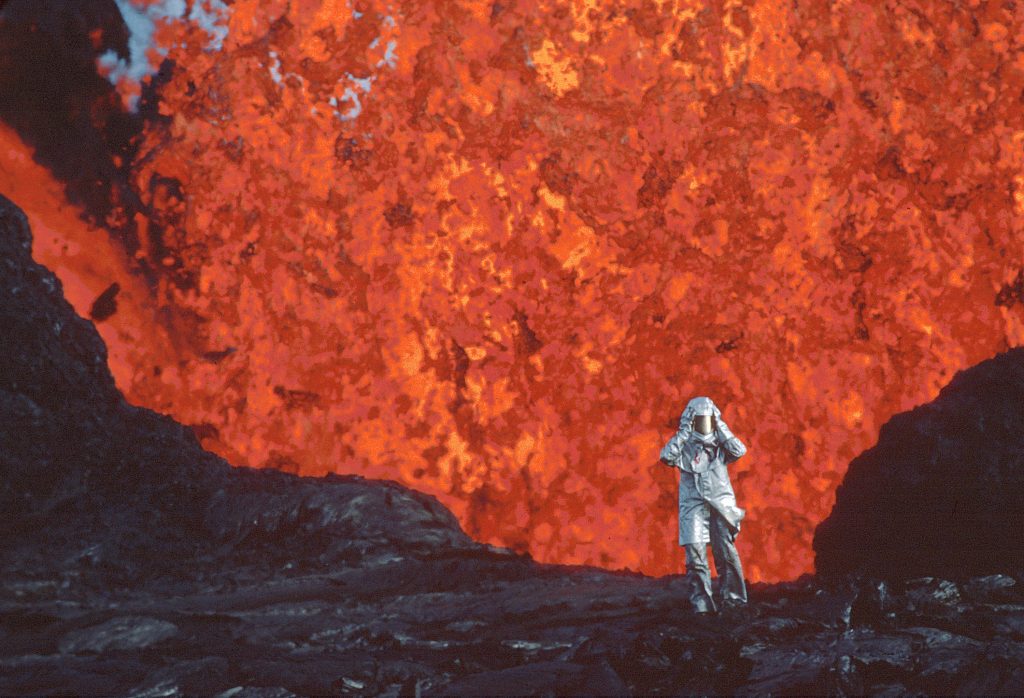
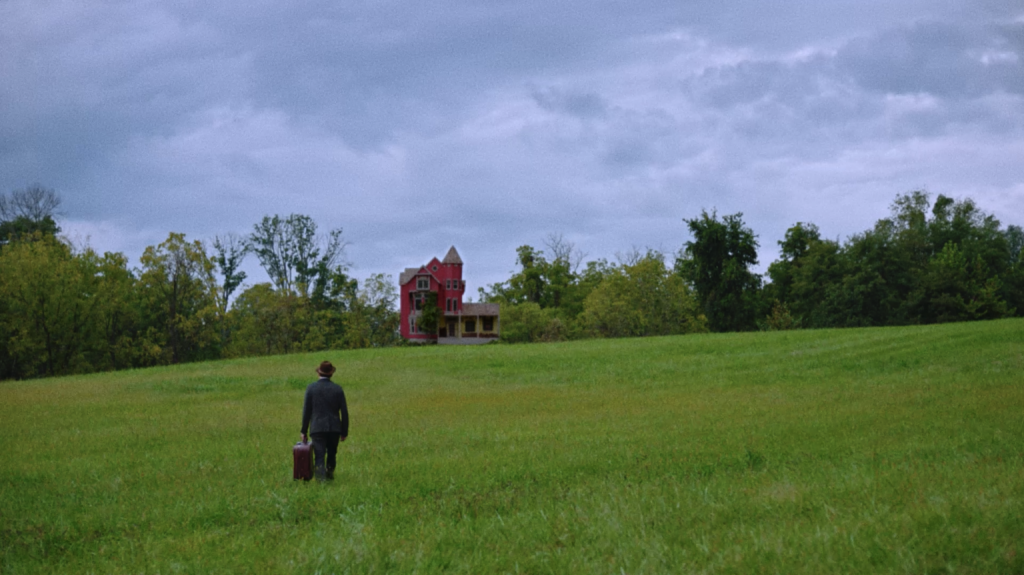
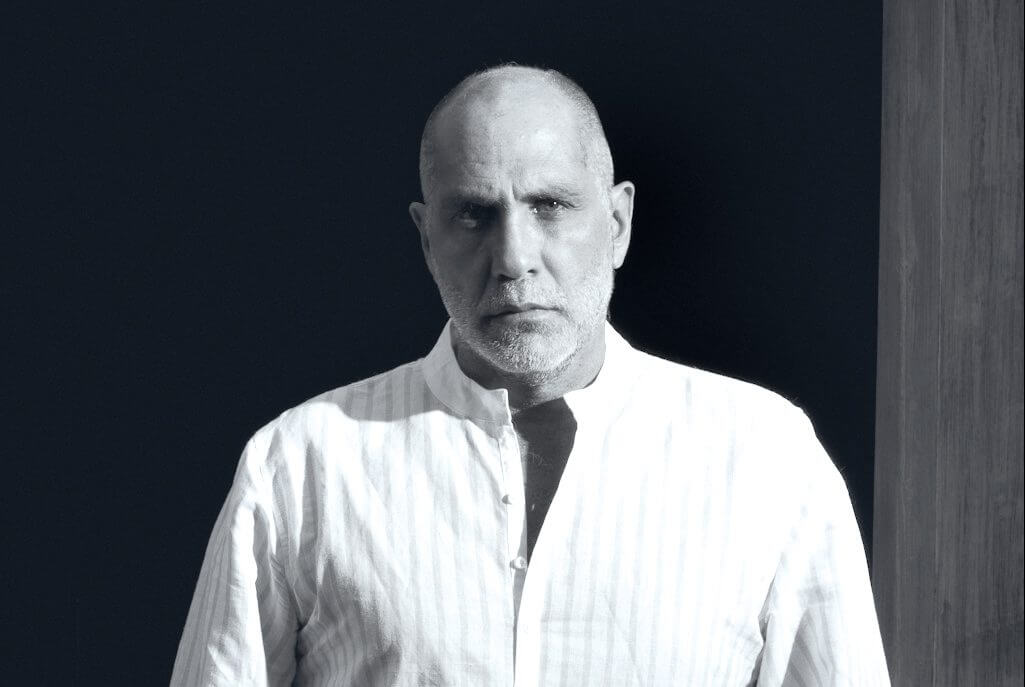
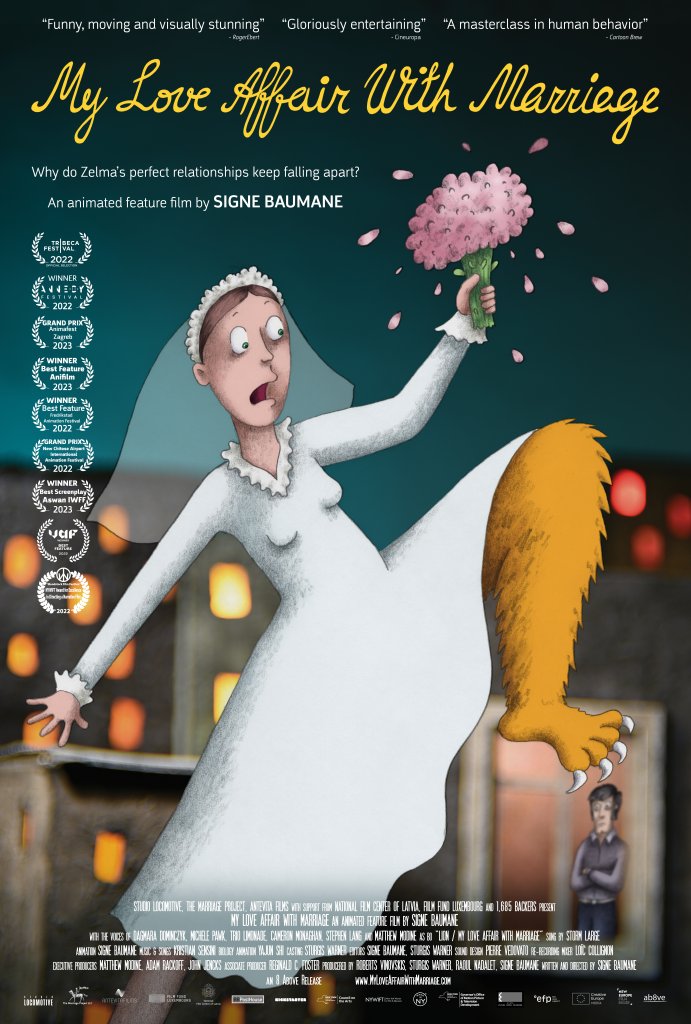

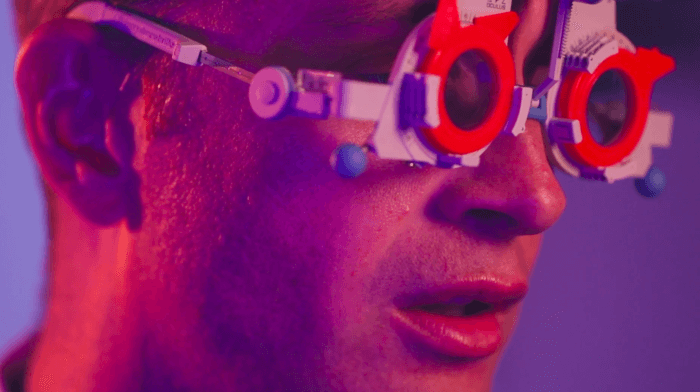

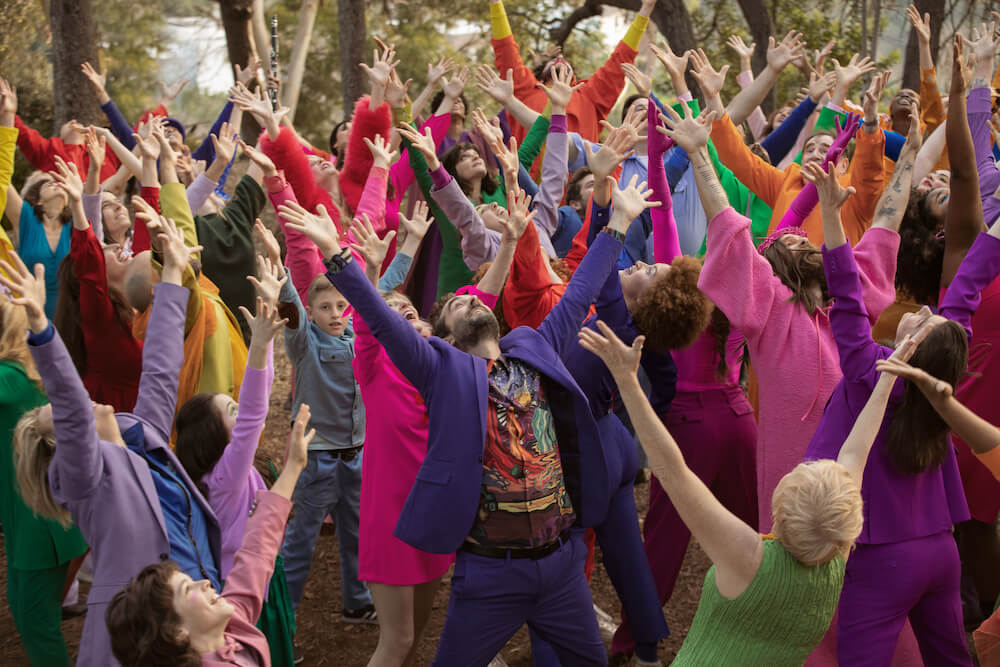

Responses